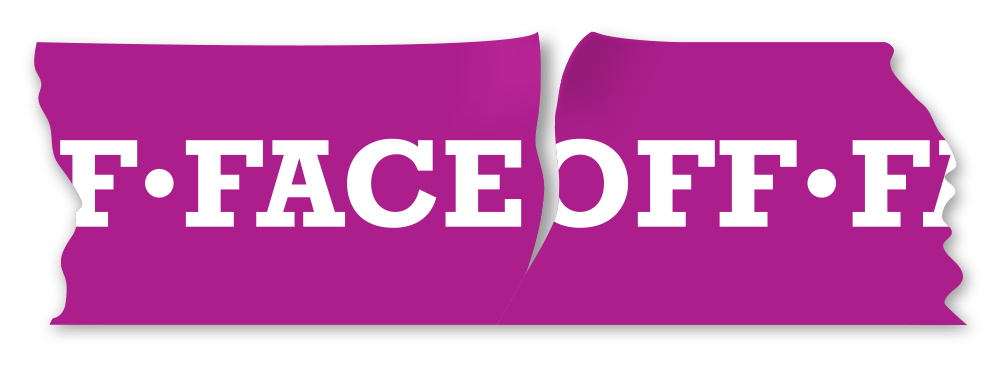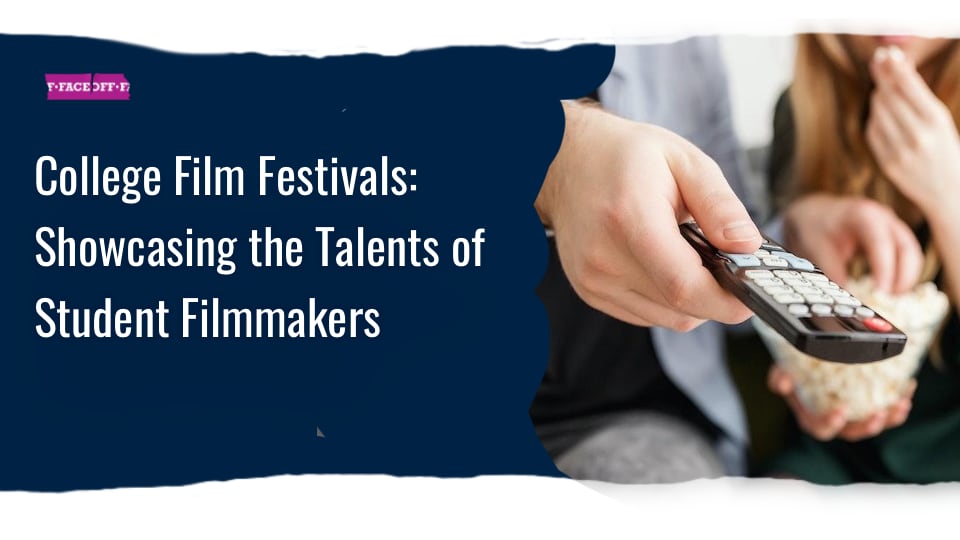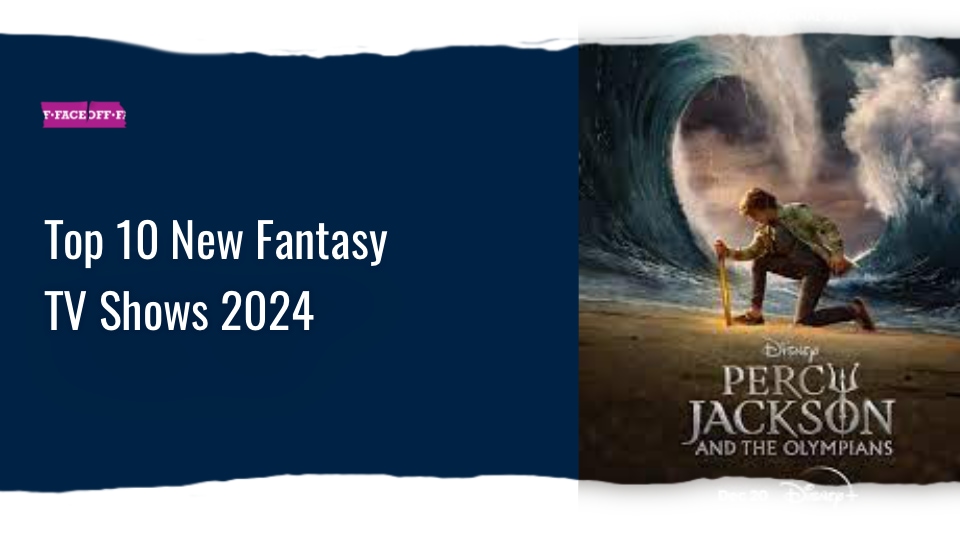Movies have long been a powerful medium of entertainment and education, shaping our perceptions, influencing our choices, and narrating stories that mirror societal realities. For college students, movies offer an escape from rigorous academic schedules and play a pivotal role in molding their cultural and social perspectives. This article delves into the profound impact of films on student culture and how they intricately shape the college experience.

https://www.pexels.com/photo/man-holding-remote-control-1040160/
The college phase is characterized by the discovery of one’s identity, the establishment of life values, and the exploration of societal norms. As students transition from adolescence to adulthood, they search for stories that resonate with their experiences, aspirations, and challenges. Movies act as this influential medium, offering narratives students can relate to, learn from, or critique.
Why Is Student Culture Important?
Student culture is the heartbeat of any educational institution, representing the values, beliefs, and social norms its learners embrace. It plays a pivotal role in shaping students’ overall experience, reflecting their collective identity, and fostering a sense of belonging. Students who feel part of a supportive and inclusive culture are more likely to engage actively in their academic pursuits. Speaking of which, if you need help with assignment work, go to TopEssayWriting. This website offers skilled essay writers who will help you with any project.
Furthermore, a positive student culture promotes mutual respect, collaboration, and open dialogue. It encourages students to challenge prevailing notions, voice their opinions, and grow intellectually and personally. An environment that values diverse perspectives and emphasizes the importance of community can have lasting impacts, preparing students to be well-rounded individuals who can navigate the world’s complexities beyond the confines of their educational institutions.
Ways In Which Films Shape the College Experience
1. Formation of Social Groups and Discussions
Movies often act as conversation starters, creating film clubs or campus discussion groups. These groups become platforms where students debate the thematic elements of films, discuss character development, or critique directorial choices. Movies like The Social Network or Dead Poets Society sparked conversations about entrepreneurial spirit and educational freedom, respectively. These discussions go beyond entertainment, enabling students to delve deep into societal norms, ethics, and values.
2. Influencing Fashion and Trends
From James Dean’s iconic white T-shirt and jeans look in Rebel Without a Cause to Audrey Hepburn’s little black dress in Breakfast at Tiffany’s, movies have always been trendsetters. Students, always eager to experiment with fashion, often draw inspiration from their favorite movie characters. Campus fashion trends can often trace their origins to a popular movie that sparks student creativity. You can get more info on such films here.
3. Highlighting Social Issues and Advocacies
Movies have the power to spotlight pressing societal issues. Films like Philadelphia, which tackled the stigma around AIDS, or A Beautiful Mind, which delved into mental health challenges, have stirred students to engage in social advocacies. Awareness campaigns, fundraisers, or college events centered around such themes are amplified when a relevant movie hits the screen.
4. Shaping Perceptions about College Life
Movies play a significant role in setting expectations about college life. Films like Animal House or Legally Blonde might project a fun-filled, eventful college life, while others like Good Will Hunting show students’ academic and personal struggles. While these depictions might be exaggerated at times, they shape incoming students’ perceptions of what college might hold for them.
5. Offering Life Lessons
Beyond entertainment, movies often come packed with life lessons. Whether it’s the resilience shown by Andy in The Shawshank Redemption or the pursuit of genuine happiness in Into the Wild, these narratives subtly impart wisdom. Students, in their formative years, often find solace, motivation, or guidance from such tales.
6. A Tool for Education
Professors and educators often utilize movies as an effective teaching tool. Historical dramas, biopics, or movies based on literary works can supplement traditional teaching methods, making the learning experience more engaging and memorable for students.
Conclusion
The intertwining of movies and student culture is undeniable. Films are crucial in shaping students’ experiences, beliefs, and values during their college years. They offer a mirror to societal realities, a window to different worlds, and a lens through which students can introspect, relate, and learn. As movies evolve, their influence on student culture remains profound, making them an integral part of the college tapestry.







